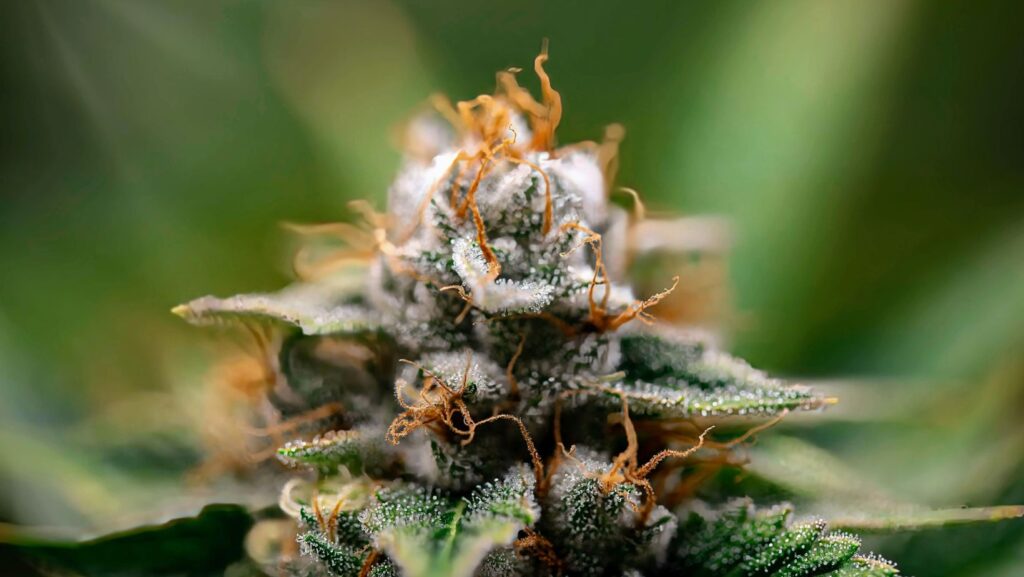
New Jersey’s Medicinal Cannabis Program, regulated by the Compassionate Use Medical Marijuana Act and further strengthened by the Jake Honig Act, enables eligible patients to obtain cannabis for specific medical conditions.
Registered individuals are allowed to buy a maximum of 85 grams (three ounces) every month, with no limit on purchases for terminal illnesses. Dispensaries are required to give priority service to medical cardholders and do not impose sales tax on medicinal products.
Selecting a trusted dispensary safeguards patients against unverified products, illegal operations, and inadequate customer service.
Consider Product Quality & Patient Services
Each dispensary must adhere to strict testing guidelines established by the CRC. Whether it’s flower, edibles, concentrates, tinctures, or topicals, every product type undergoes third-party lab screening for potency and contaminants, including pesticides, heavy metals (such as arsenic, lead, and mercury), mold, mycotoxins, microbes, and residual solvents.
Lab results are documented in Certificates of Analysis (CoAs), which reputable dispensaries post online or provide upon request. CoAs present the exact THC:CBD ratios and terpene profiles, helping patients select products that suit their symptom relief goals.
There are several commendable dispensaries in central New Jersey. Examples include the Silverleaf Dispensary in Somerset, which serves areas including New Brunswick, Franklin, North Brunswick, Edison, Highland Park, and Kendall Park. Silverleaf boasts an impressive rating of 4.9 out of 5 stars by maintaining an up-to-date menu with visible lab data and providing low-pressure consultations designed to match products to individual needs rather than pushing high-margin items.
Budtenders serve as frontline educators. Look for dispensaries with staff trained to explain strain effects, onset times, and dosing. Knowledgeable teams can guide first-time users through microdosing strategies, recommend products for sleep or pain relief, and identify items with high THC that may trigger side effects.
Facilities that offer patient education materials such as brochures, workshops, or one-on-one consultations demonstrate a commitment to safety and transparency.
Check Valid Licensing & Accessibility
Every dispensary in New Jersey must possess a Class 5 Retail license granted by the Cannabis Regulatory Commission (CRC). Patients have the ability to check a facility’s license status, expiration date, and local approvals via the CRC’s online registry titled “Permitted & Licensed Cannabis Businesses.” It is advisable to steer clear of dispensaries that are not listed or have expired licenses.
Location is crucial for ongoing treatment. It is advisable to select a dispensary within a 30-minute drive from home or work to reduce travel time, minimize transportation costs, and ensure timely refills. Facilities that are farther away may present logistical challenges, especially for patients with mobility issues. If possible, choose a location that is accessible via reliable public transit or major roadways to maintain a consistent care schedule.
Compare Pricing, Analysis & Visit The Dispensary
Dispensary pricing varies by strain, product format, and potency. Compare base prices per gram (for flower) or per milligram (for edibles and concentrates) across at least three local facilities. Inquire about payment methods upfront, as most New Jersey dispensaries accept cash or debit-style apps such as CanPay that reduce the need to carry large sums of cash. However, you have to be aware that on-site ATMs often charge convenience fees, so plan accordingly.
Many dispensaries offer discounts to first-time customers, veterans, seniors, and people with low incomes. Some also participate in state-funded assistance programs, such as PAAD, which lowers costs for eligible seniors and disabled residents. Request a list of current promotions and confirm eligibility requirements before your visit.
Online reviews on platforms like Leafly, Yelp, and Reddit provide real-world insights. Focus on overall trends rather than isolated comments to get a better idea about a particular dispensary. Positive feedback regarding consistent labeling, friendly service, and short wait times indicates reliable operations. Meanwhile, repeated complaints about product availability or rude staff suggest potential issues.
An in-person visit helps determine whether online impressions align with reality. Make sure to bring your New Jersey Medicinal Cannabis Program card and/or government-issued ID when going to a cannabis dispensary. You should also observe whether they conduct security measures such as ID checks, bag inspections, and secure storage professionally and respectfully. Take note of the facility’s cleanliness, organized product displays, clear compliance signage, and accessible seating areas. Ask simple questions about cultivation partners, harvesting methods, or ingredient sourcing to gauge transparency. Ask about the overall health benefits of cannabis to gauge the staff’s knowledge and aptitude. A facility that balances strict regulatory compliance with a welcoming environment demonstrates a patient-centered approach.
Conclusion
Choosing the right medical marijuana dispensary in New Jersey depends on verifying licensing, ensuring a convenient location, confirming product safety, receiving expert guidance, obtaining fair pricing, and reviewing positive patient feedback. Utilize the CRC registry and lab reports as factual references. Compare multiple dispensaries regarding cost, payment options, and discounts. Trust genuine reviews for social proof. A brief on-site visit can solidify your confidence in your choice. Following this guidance will help safeguard your health and ensure a supportive dispensary experience.













